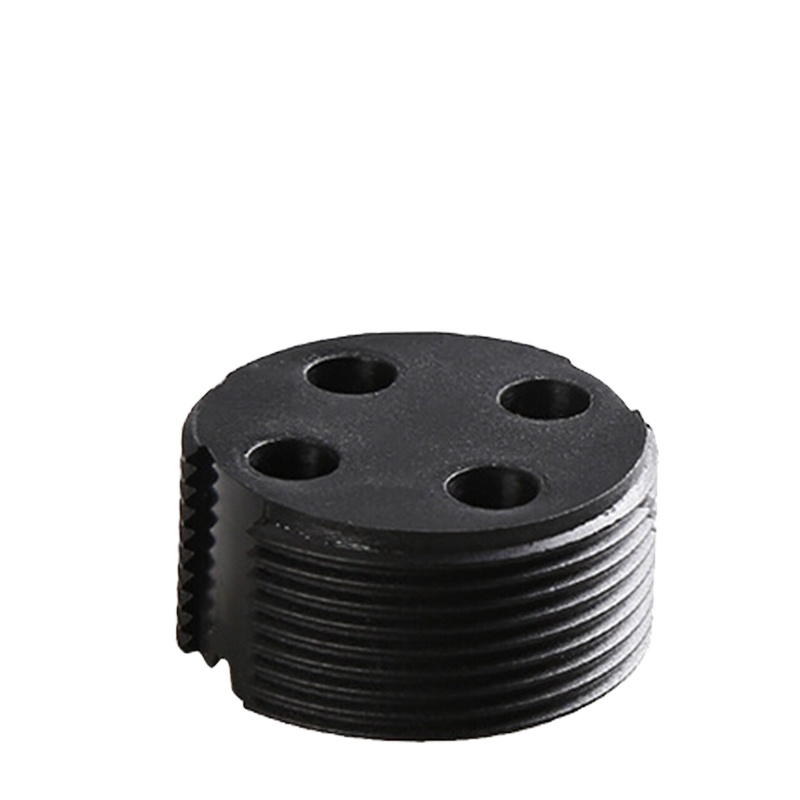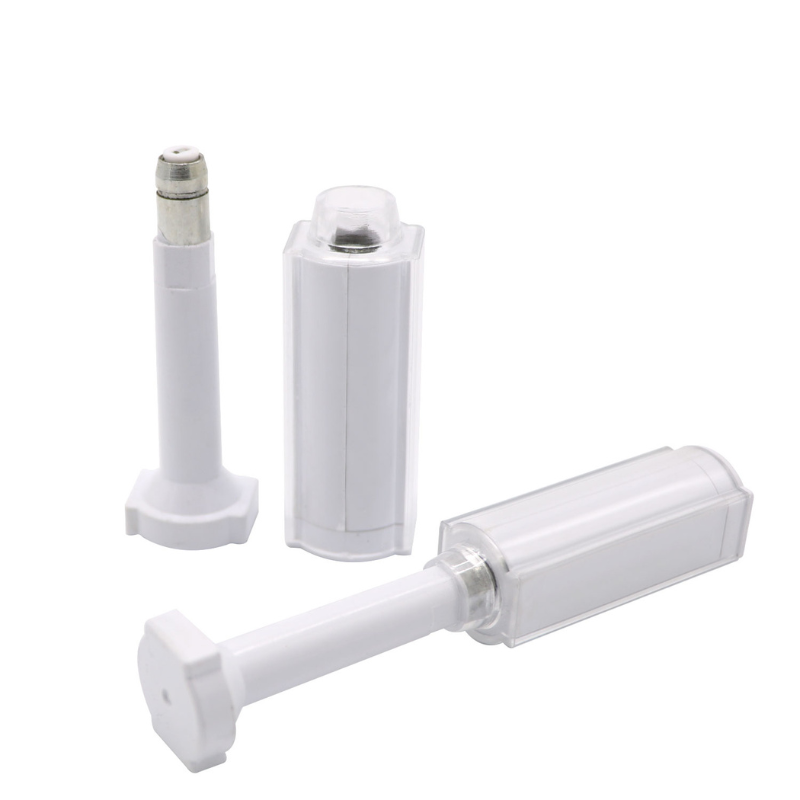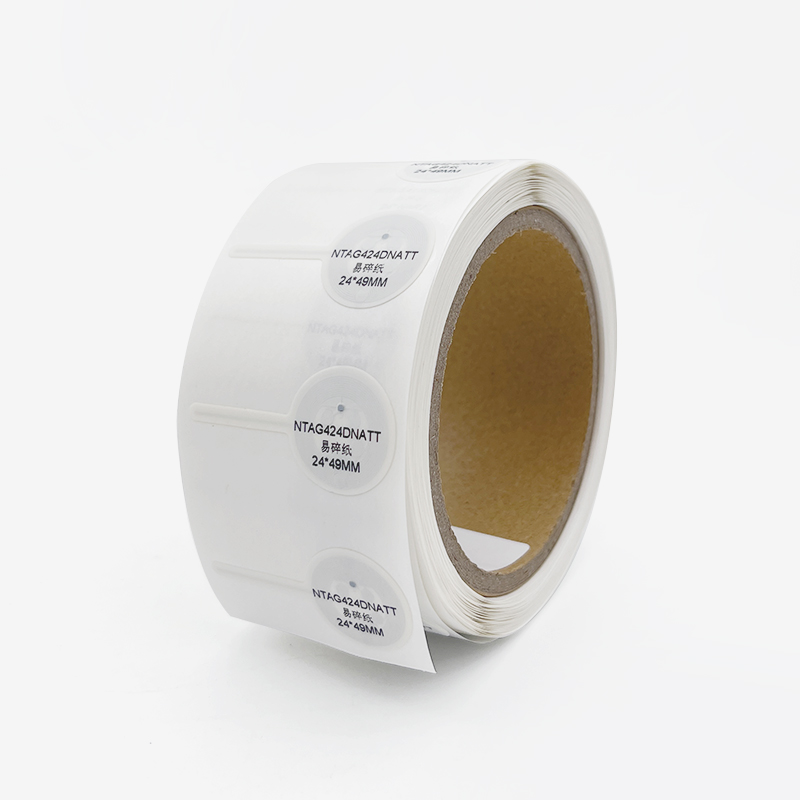
How to Read RFID Tags with Your Mobile Phone?
Table of Contents
How to Read RFID Tags with Your Mobile Phone (2025 Guide)
In this guide, we’ll show you exactly how to turn your phone into a powerful RFID reader, what tools you need, and how to use it in everyday scenarios—from scanning cards to tracking inventory.
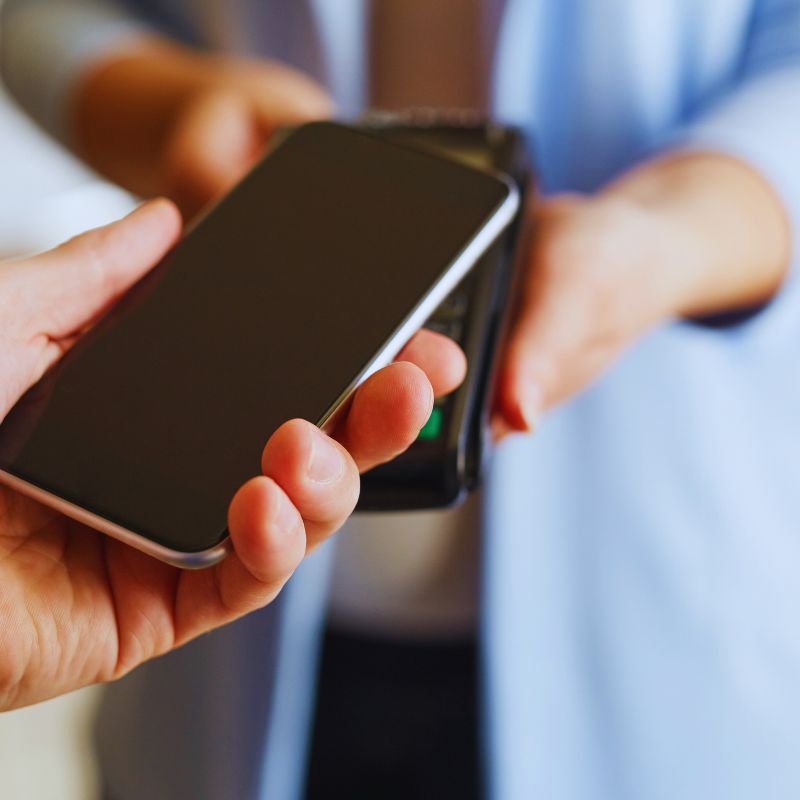
What Is RFID & How Does It Work?
RFID (Radio Frequency Identification) is a wireless technology that uses radio waves to transfer data from a tag to a reader. It’s commonly used in industries like:
- Retail & logistics
- Inventory tracking
- Secure access control
- Asset management
Each RFID system includes two core components:
- RFID Tags: Embedded with a microchip and antenna to store data
- RFID Readers: Devices (or smartphones) that detect and read the tag data
Learn more about types of RFID tags we offer.
Can Mobile Phones Read RFID Tags?
Yes, but only NFC-enabled phones can read certain types of RFID tags, mainly High-Frequency (HF) tags at 13.56 MHz. Fortunately, most Android and iPhone devices today support NFC tags.
Benefits of Using Phones for RFID Reading
- Portability: No need for bulky RFID readers
- Accessibility: Works with free apps
- Ease of Use: Great for on-the-go scanning
“With just your phone, you can now scan ID cards, payment tags, and manage digital access.”
What Is NFC & How Is It Related to RFID?
NFC (Near-Field Communication) is a subset of RFID technology that enables two-way communication between devices within a short range (typically 4 cm or less).
| Feature | RFID | NFC |
|---|---|---|
| Frequency | Varies (LF, HF, UHF) | 13.56 MHz (HF) |
| Range | Up to 10 meters | Within a few centimeters |
| Communication | One-way or two-way | Always two-way |
Looking for RFID tags compatible with mobile scanning? Browse our NFC tag collection.
Which Phones Support NFC RFID Reading?
Most modern smartphones, including Android and iOS devices, support NFC. Examples include:
- Android Phones: Google Pixel, Samsung Galaxy, and other NFC-enabled models.
- iPhones: iPhone 7 and later models come with built-in NFC capabilities.
To check if your phone supports NFC:
- Go to your phone’s settings.
- Search for “NFC” in the search bar.
- Enable the feature if available.
How to Use Your Phone to Read RFID Tags
Follow these steps to use your mobile phone as an RFID reader:
- Enable NFC: Go to your phone’s settings and enable NFC functionality.
- Install an App: Download an RFID tag reader app from the App Store.
- Test the Setup: Place your phone close to an RFID tag to confirm it can read the data.
Tips for Better Performance:
- Ensure your phone is compatible with the RFID tag’s frequency.
- Hold the tag close to the phone’s NFC antenna for accurate reading.
Best Apps to Read RFID/NFC Tags
Several apps can transform your smartphone into a fully functional RFID reader. Here are some popular options:
- NFC Tools: Enables users to read, write, and program RFID tags.
- TagInfo by NXP: Provides detailed information about RFID/NFC tags.
- Zebra RFID Mobile App: Designed for industrial and UHF RFID applications.
Bonus: Some apps also let you clone or write data to compatible tags!
What Types of RFID Tags Can Phones Read?
Mobile phones primarily support high-frequency (HF) RFID tags, including:
- NFC Tags: Commonly used in payments and automation.
- Contactless Cards: These include ID cards and access control.
Phones cannot read low-frequency (LF) or ultra-high-frequency (UHF) RFID tags, which require specialized hardware.
Real-World Use Cases for RFID Reading on Mobile
- Contactless Payments
Use Apple Pay, Google Pay, or NFC-enabled cards for seamless transactions. - Access Control
Scan ID or entry cards to unlock doors—no keycards needed. - Inventory & Asset Tracking
Perfect for small businesses or warehouses—scan tags and update inventory on the go.
Limitations of RFID Reading with Phones
While using a mobile phone as an RFID reader is convenient, there are limitations:
- Range Restrictions: Phones can only read HF RFID tags within a few centimeters.
- Compatibility Issues: Some tags require specialized readers.
- Data Security Risks: Unauthorized access to tags may compromise sensitive information.
“Despite these challenges, mobile RFID technology continues to advance, offering practical solutions for everyday use.”
Future Trends in Mobile RFID Technology
Smartphones are becoming more powerful tools in RFID tech. Here’s what to expect next:
- Enhanced NFC Capabilities: Broader tag compatibility and increased read range.
- IoT Integration: Connecting RFID tags to the Internet of Things for real-time monitoring.
- Secure Mobile Payments: Advanced encryption for safer transactions.
“Mobile RFID is paving the way for smarter, more connected devices across industries.”
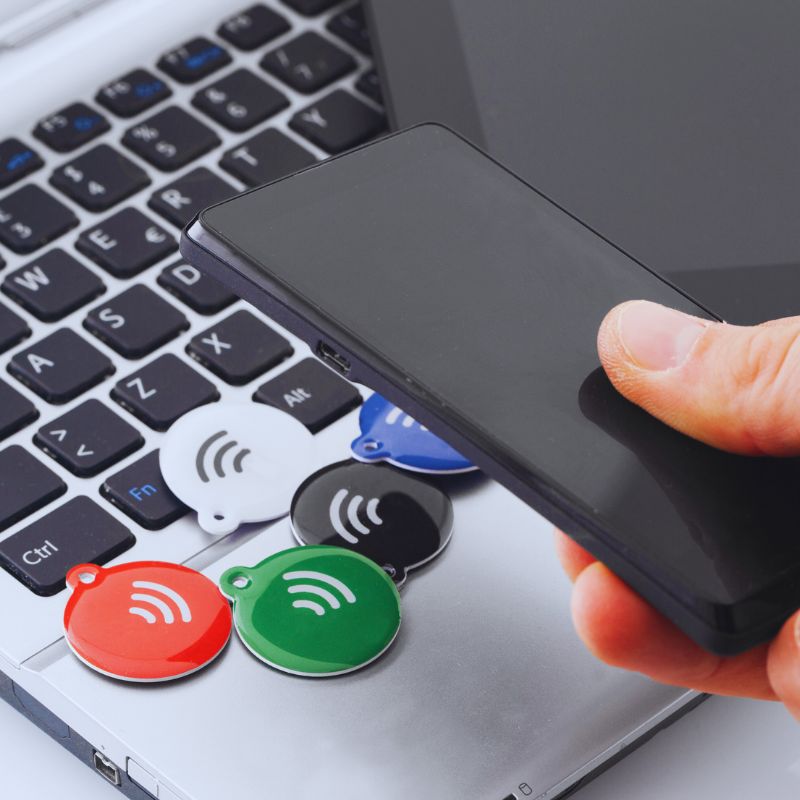
FAQs About Mobile RFID Solutions
Can all phones read RFID tags?
No, only NFC-enabled phones can read high-frequency RFID tags.
What types of RFID tags can phones read?
Phones can read HF RFID tags, including NFC and contactless cards, but not LF or UHF tags.
Is it safe to use phones for RFID reading?
Yes, but ensure you use encrypted tags and reputable apps to prevent unauthorized access.
What is the range for RFID tag reading with a phone?
The range is typically a few centimeters for NFC tags.
Which app is best for reading RFID tags?
Apps like NFC Tools and TagInfo by NXP are reliable and user-friendly.

Ray Zhou
This article was written by Ray Zhou, an RFID technology expert with more than 10 years of industry experience.
Comments
Hot Products

RFID in Logistics: How to Eliminate RFID Misrouting and RFID Label Failures
RFID in logistics is more than just a tool to speed up processes. It has become a key part of how modern supply chains operate.
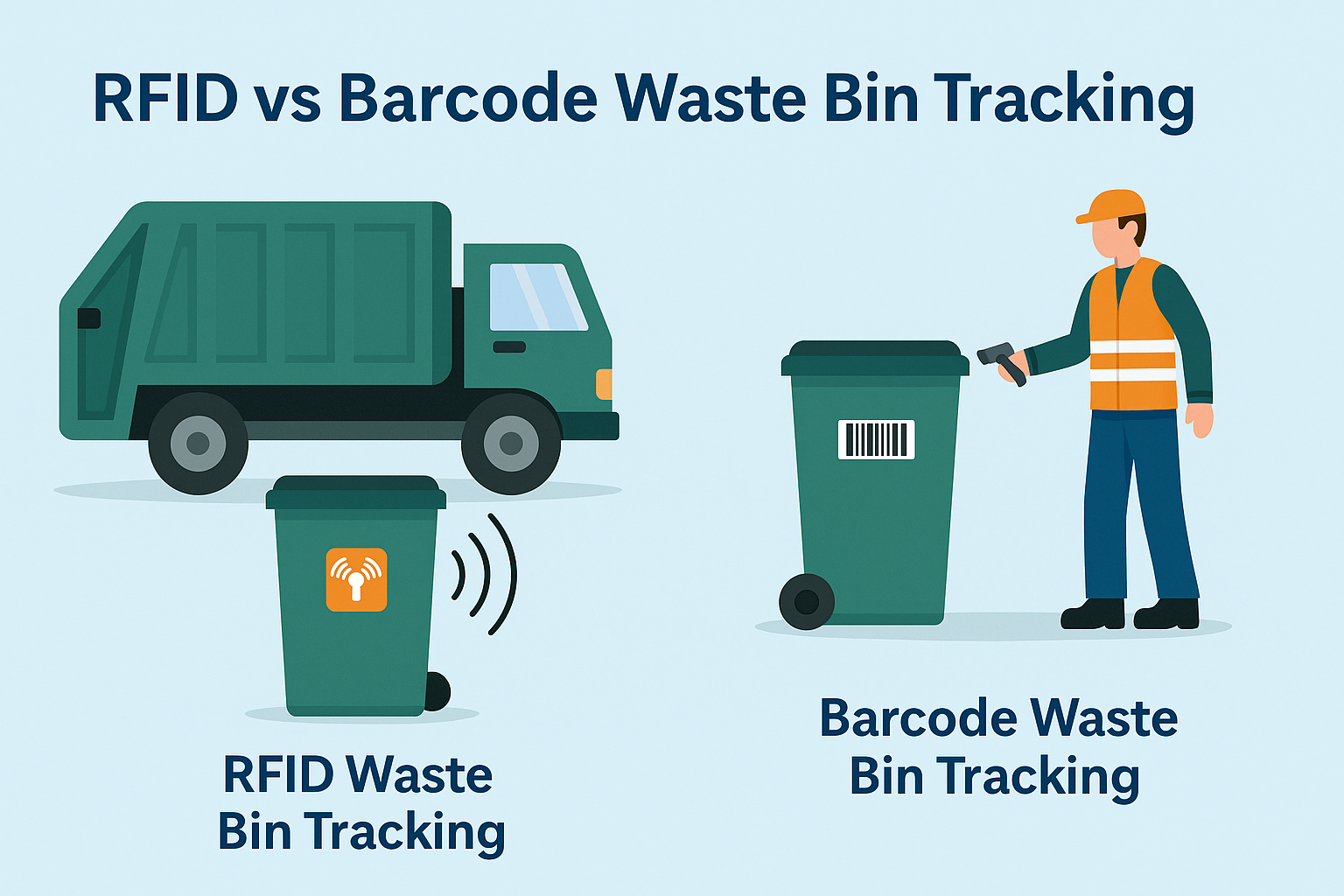
What Is RFID Waste Management
Imagine a city where every trash bin speaks — not literally — but through a tiny chip that tells the system when it’s full, when it’s emptied, and where it went. That’s what RFID waste management is doing today.

What are Bolt Seals and their Applications? | Complete Guide
In global trade and logistics, bolt seals play a crucial role in ensuring cargo security and compliance. These small but powerful devices are designed to lock shipping containers, trailers, and cargo doors with a tamper-evident mechanism.
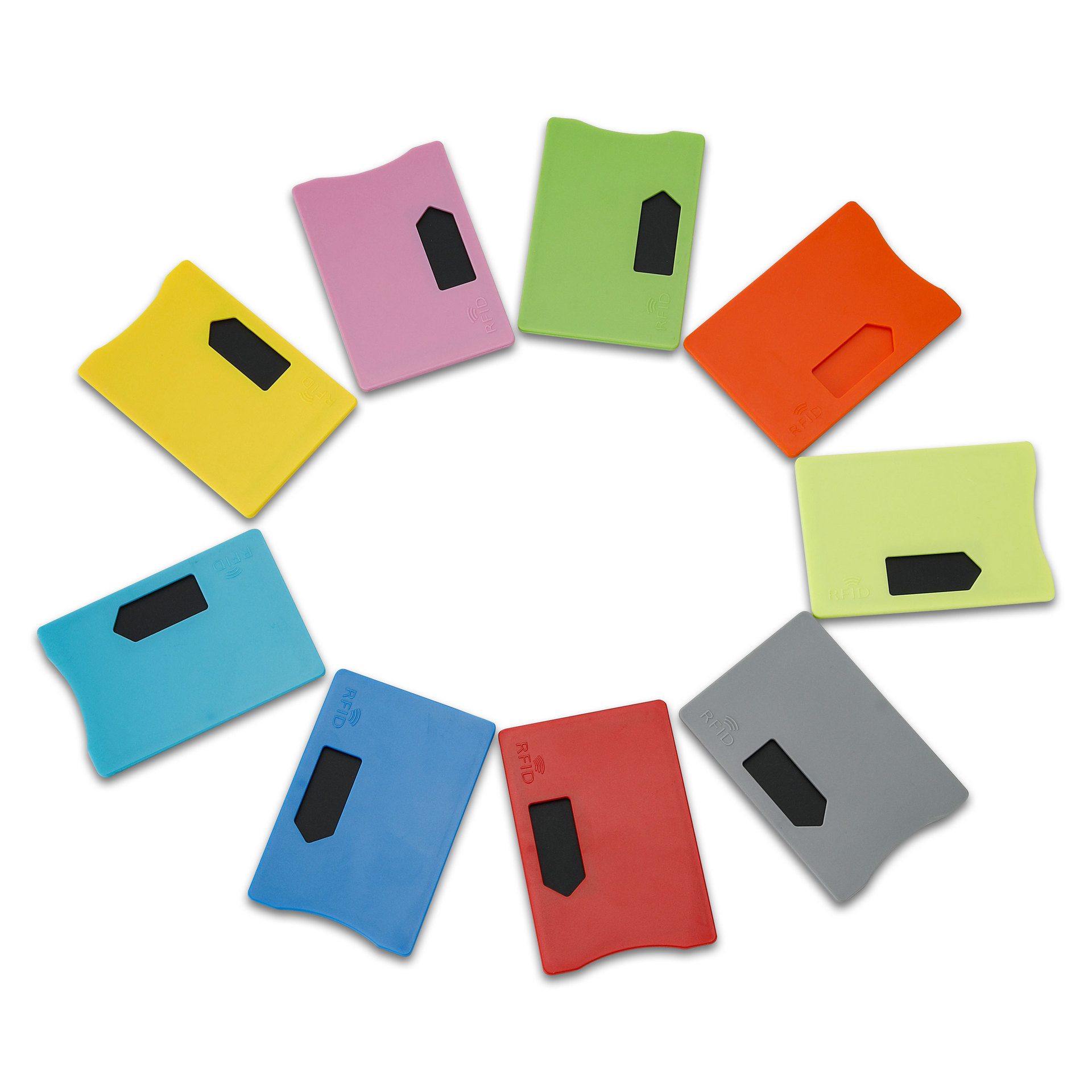
What is an RFID Card Protector? Benefits, Use Cases, and Buying Guide
RFID technology (Radio Frequency Identification) is everywhere: in your credit cards, ID badges, transit passes, hotel room keys, and more. It offers speed and convenience, but it also opens the door to a new kind of digital theft called “skimming.” That’s where an RFID card protector comes in.

RFID Wristbands for Events: Bulk Buying Guide for Organizers
RFID wristbands for events are becoming the go-to solution for organizers who need faster entry, fraud prevention, and cashless payments at concerts, festivals, and sports venues. Unlike paper tickets or QR codes, these smart wristbands use embedded chips to streamline access, secure transactions, and improve the guest experience.
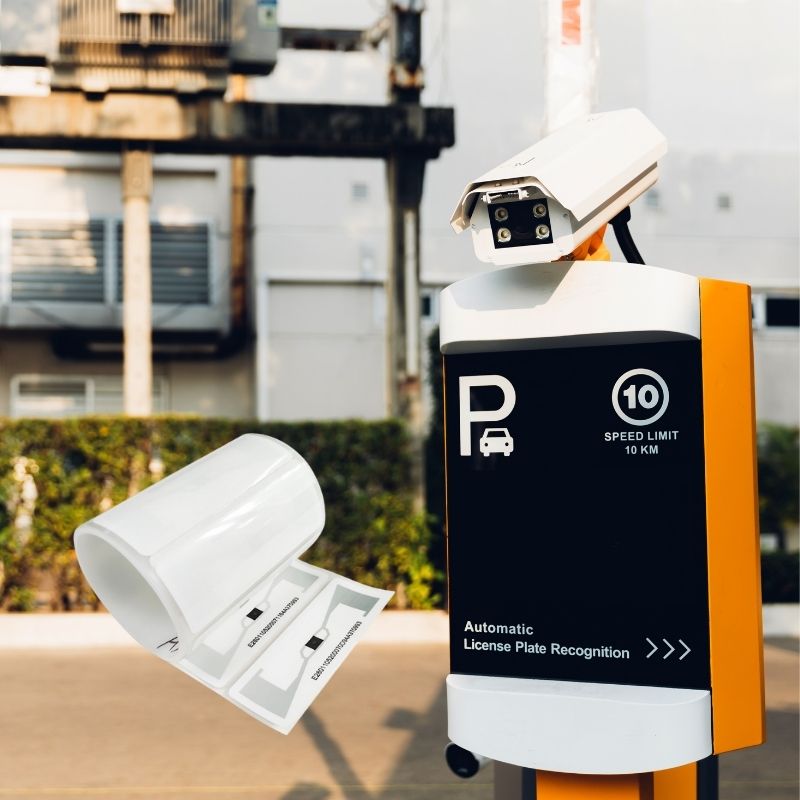
How RFID Tag on Windscreen Improves Vehicle Access Control and Toll Systems
In today’s fast-paced world, vehicle identification needs to be quick, secure, and contactless. An RFID Tag on the Windscreen provides exactly that — a reliable way to manage toll collection, parking, and gated access without stopping vehicles.
Tags
RELATED BLOGS

RFID in Logistics: How to Eliminate RFID Misrouting and RFID Label Failures
RFID in logistics is more than just a tool to speed up processes. It has become a key part of how modern supply chains operate.

What Is RFID Waste Management
Imagine a city where every trash bin speaks — not literally — but through a tiny chip that tells the system when it’s full, when it’s emptied, and where it went. That’s what RFID waste management is doing today.

What are Bolt Seals and their Applications? | Complete Guide
In global trade and logistics, bolt seals play a crucial role in ensuring cargo security and compliance. These small but powerful devices are designed to lock shipping containers, trailers, and cargo doors with a tamper-evident mechanism.


